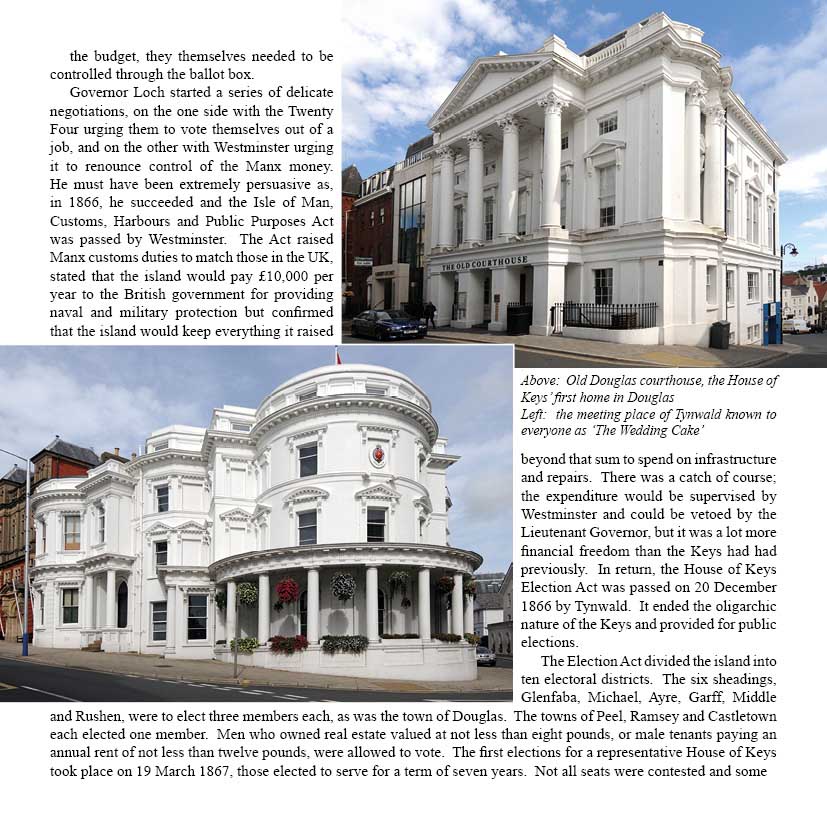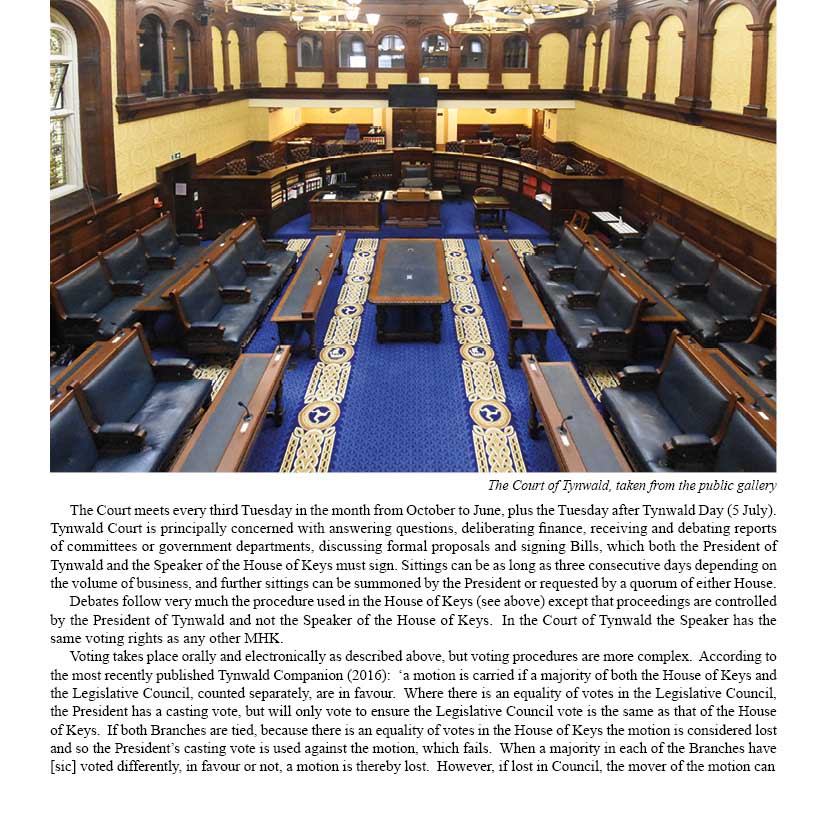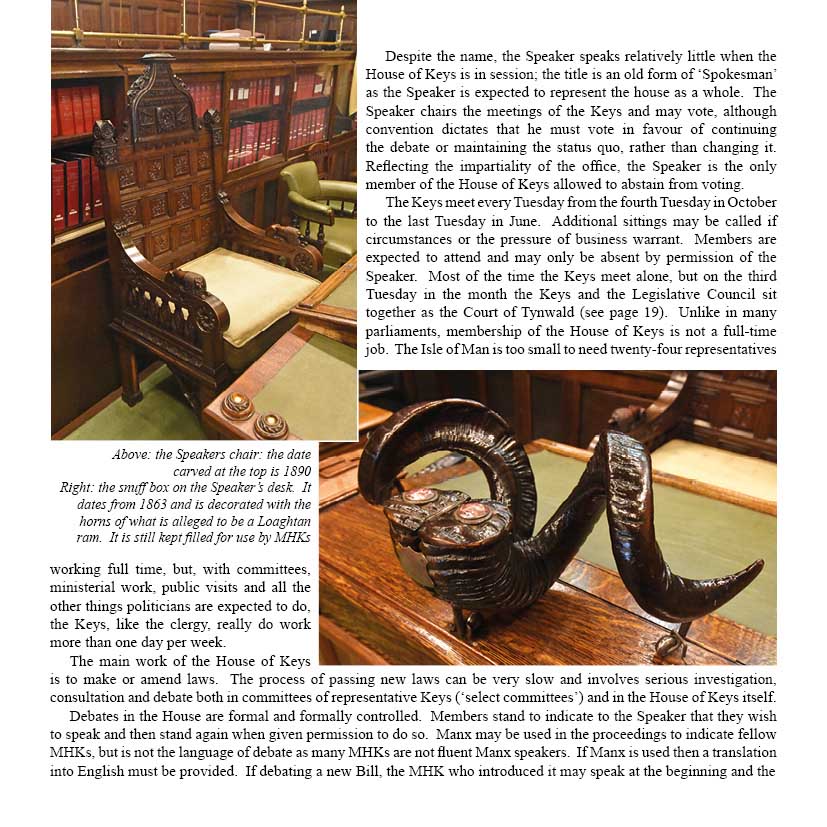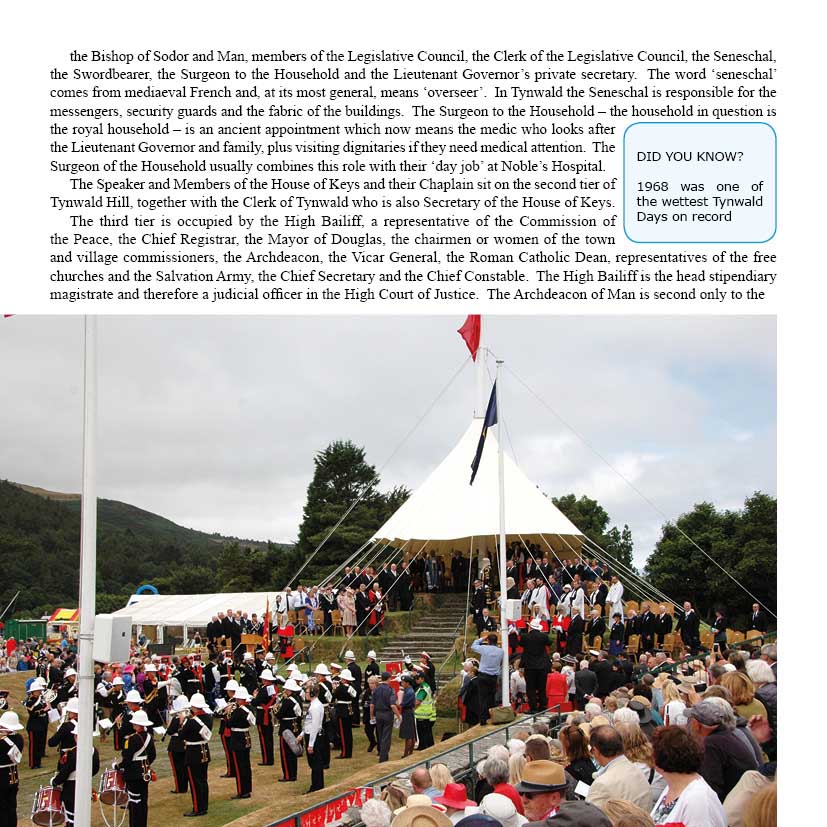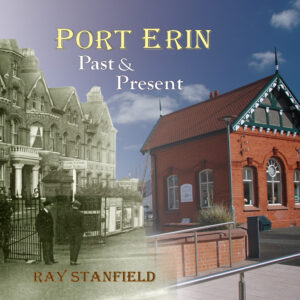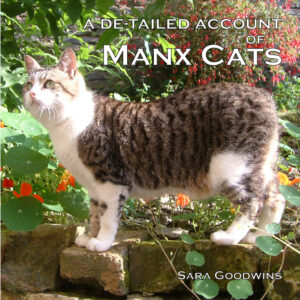A Key to Tynwald
£5.95
An Introduction to the Isle of Man’s Parliament
Written by Sara Goodwins
An Introduction to the Isle of Man’s Parliament. The history, ceremonies, current working, and relationship to similar Viking-based parliaments throughout the world.
“The Tynwald Hansard team also produces transcripts for the parliaments of Guernsey, Gibraltar, Alderney, Sark and the Turks & Caicos Islands.”
A Key to Tynwald, page 21
Did you know that the Isle of Man was the first country in the world to grant votes to women? New Zealand is usually stated to be the first country to enfranchise women, but Manx women were voting twelve years before their Antipodean sisters.
Tynwald is also the oldest continuous parliament in the world. Once a year, as its Viking founders intended, Tynwald still meets outside on a small hill to announce new laws to the waiting crowds. If it's raining then the dignitaries get wet! In keeping with the Viking idea of hospitality and truce (anyone visiting their homestead must be treated with respect) Tynwald Hill is said to contain earth drawn from all seventeen parishes on the island.
But Tynwald is more than merely pageantry and processions. The lower house is the House of Keys, the upper house is the Legislative Council and the two houses sitting together make up the Court of Tynwald. Together they are responsible for running a small but fiercely independent nation. The Isle of Man government is a highly successful fusion of old traditions and modern politics.
The eighth in our Hoofprint series of brief guides, A Key to Tynwald joins our other popular titles providing a brief and colourful introduction to Manx culture and heritage.
From the Publisher
When we were putting A Key to Tynwald together we realised that we'd been bandying the word 'Tynwald' about, without acknowledging that it had several meanings.
For example ‘Tynwald’ can refer specifically to the Manx parliament; Manx Radio frequently announces that ‘such and such was discussed in Tynwald today’. ‘Tynwald’ can also mean the annual ceremony on Tynwald Hill, as in ‘are you going to Tynwald this year?’ Legally the ‘Court of Tynwald’ is the Isle of Man’s supreme court, while using ‘Tynwald’ in casual speech can be anything to do with politics.
Originally 'Tynwald' meant 'assembly field', where Scandinavian communities got together to lay down some basic rules for trading: don't cheat, don't steal, don't run off with someone else's girl/wife/mother and don't kill each other. Politicians today could learn a thing or two.
The ancient tradition is echoed today in the names of the parliaments of Iceland (Althingi), Norway (Storting), Finland (Lagting), Denmark (Folketing), the Faroe Isles (Løgting ), Greenland (Landsting) and the Åland Islands (Lagting). Even Shetland and Orkney had their parliaments, both at places called Tingwall. The final chapter of A Key to Tynwald discusses its similarities to other parliaments with Scandinavian roots.
Copyright 2022 Loaghtan Books. All rights reserved.

